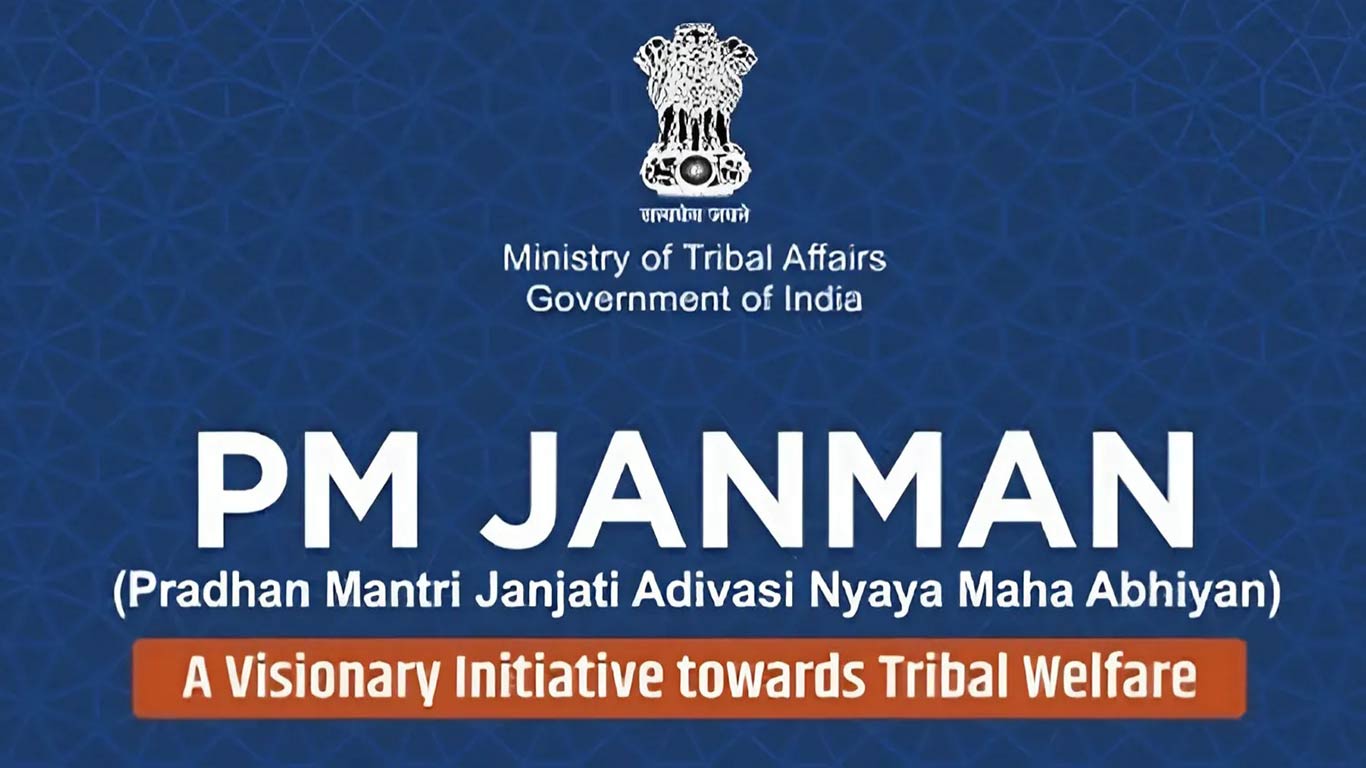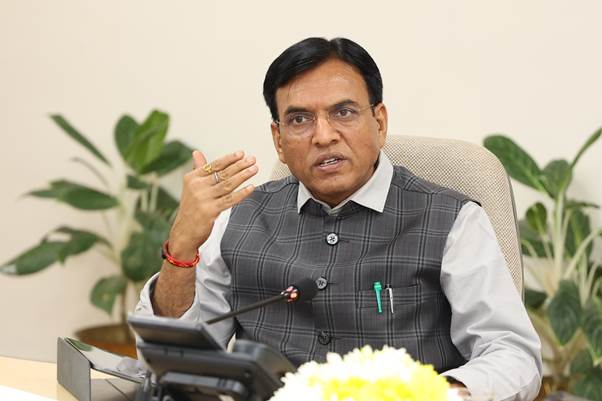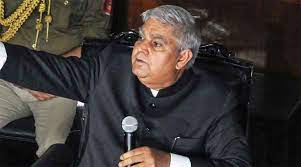16-yr-old Can Take Decision on Having Sex: Meghalaya HC
Thu 06 Jul 2023, 10:38:46

Guwahati: The Meghalaya High Court, in an order, observed that a 16-year-old is capable of making a conscious decision when it comes to engaging in sexual intercourse.
This observation by the High Court was made in a case where an FIR was filed against the accused by the mother of a teenage girl on January 1, 2021. The mother accused him of kidnapping and deriving sexual favours from her daughter.
The court clearly stated that "the scheme of the (POCSO) Act clearly shows that it did not intend to encompass cases involving adolescents or teenagers in romantic relationships."
Earlier, a single-judge bench of the High Court had dismissed the First Information Report (FIR) for offences under the Protection of Children from Sexual Offences (POCSO) Act, 2012, relating to penetrative sexual assault on a minor.
The accused argued that the act was not a case of sexual assault but rather a consensual act, as both the petitioner and the alleged victim were in love with each other.
According to the petitioner, he became acquainted with the alleged victim, and the two engaged in sexual intercourse at the petitioner's uncle's house.
The teenage girl, in her statement
under Section 164 CrPC and during her testimony in court, confessed that she was the petitioner's girlfriend and that the sexual intercourse took place with her consent, without any force involved.
under Section 164 CrPC and during her testimony in court, confessed that she was the petitioner's girlfriend and that the sexual intercourse took place with her consent, without any force involved.
Justice W. Diengdoh, presiding over the bench, noted, "This court considers the physical and mental development of an adolescent of that age group (referring to the minor of around 16 years old) and finds it reasonable to believe that such an individual is capable of making a conscious decision regarding their well-being, including the act of sexual intercourse."
The High Court further observed that many cases filed under the POCSO Act involve families of adolescents and teenagers engaged in romantic relationships with each other. In this particular case, the petitioner was released and discharged from any liability.
The court emphasised that "the scheme of the (POCSO) Act clearly shows that it did not intend to encompass cases involving adolescents or teenagers in romantic relationships."
Additionally, the High Court urged the legislature to ensure that the Acts and policies keep pace with changing societal needs by making necessary amendments to the law.
No Comments For This Post, Be first to write a Comment.
Most viewed from National
Most viewed from World
AIMIM News
Asaduddin Owaisi questions PM Modi's China policy
Jan 08, 2025
Owaisi slams UP over police post near Sambhal mosque
Dec 31, 2024
Owaisi hails SC order on Places of Worship Act
Dec 13, 2024
Latest Urdu News
Most Viewed
May 26, 2020
Which political party will win the Delhi Assembly polls to be held on Feb 5?
Latest Videos View All
Like Us
Home
About Us
Advertise With Us
All Polls
Epaper Archives
Privacy Policy
Contact Us
Download Etemaad App
© 2025 Etemaad Daily News, All Rights Reserved.

.jpg)
.jpg)
.jpg)
.jpg)
.jpg)











.jpg)
.jpg)
.jpg)
.jpg)
.jpg)


.jpg)

















